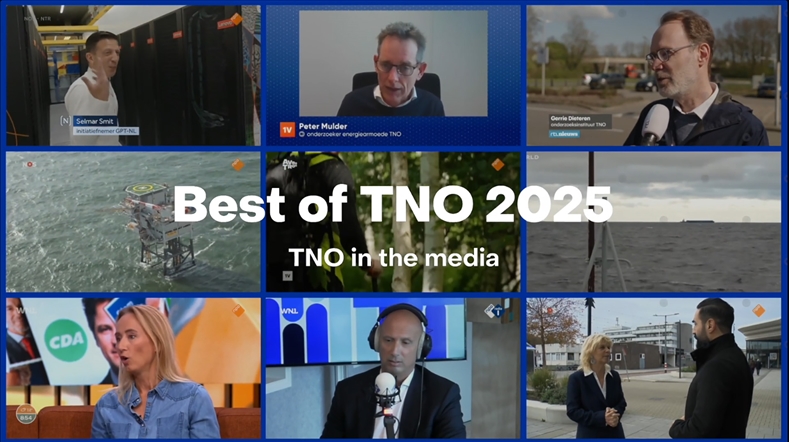
Time setter story: Selmar Smit about technical investigation
This is the time when innovation is crucial. To make our world safer, lives healthier and combat climate change. TNO employees make their mark on our time. In this series, we share stories of our time setters. Science & Technology Manager Autonomous Systems & Decision support Selmar Smit plays hide and seek for adults in the TV programme Hunted, but above all uses his expertise. What is it like to be a TNO employee and a Dutch celebrity?
Hunted
Selmar Smit is now a well-known Dutchman thanks to his contribution as a 'hunter' in the TV programme Hunted. For eight years he has been the 'operational brain' of the investigation team at Hunted and popular with viewers (recently more than 1 million). And the latest techniques for technical detection come from TNO.
'Even in a theme park, I am approached. Most people want to say that they think it is such a nice programme and ask if I really do this work. Hunted once started as a testing ground for TNO in which we could test innovations without having to real police investigation. Real effort is of course subject to strict rules.
'Not only can I of course use my expertise in technical investigation, but it is a kind of hide and seek for adults. And I really want to win. I think it's crazy to try to get into the candidates' heads: what are they going to do, how do they think, what does that do to their behaviour, and how can I use that?'
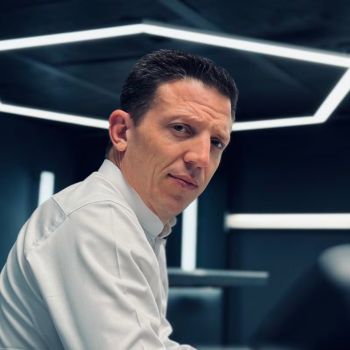
'It is a kind of hide and seek for adults.'
Teams calls on set
In addition to being a celebrity, Selmar is Science & Technology Manager Autonomous Systems & Decision Support at TNO. There he is involved in, among other things, the use of AI by the police, but is also involved in the development of GPT-NL, a Dutch open language model. This model is necessary to develop, strengthen and perpetuate digital sovereignty.
'I was lead scientist AI for the Police for many years, and that of course combined very well with Hunted. It mainly meant that I was completely inaccessible for five weeks a year when I was in the recordings, but luckily I had all very good colleagues around me who could take over everything I did during that period without any problems.'
'Now it is a bit more difficult to combine. During the last recording period, I regularly made Teams calls on set. Ultimately, no one is indispensable, and everything runs smoothly without me. On the other hand, I now have a lot broader picture of what we do at TNO, so it is much easier to make connections and see whether we can (and want to) test certain technology in a TV programme.'
How did the passion for your profession arise?
'That is actually twofold. On the one hand, I want to do something for the Netherlands, contribute something to our society and our safety. Most of the research I have done is very application-oriented and I am convinced that I am learning at least as much as I am doing. sitting in the back of a SWAT team van, as if at a conference.'
'What can mean something for the Netherlands can actually be done anywhere at TNO, but what makes Defense and Security so special for me is that it is ultimately a domain where you use your knowledge to compete against an opponent. Someone who tries to be smarter, faster or more useful than our police or investigation services, a dynamic that gives me enormous energy to get the most out of myself'
Want to become a time setter too? Come work at TNO
Get inspired
ACROSS: Can adaptive camouflage help make soldiers invisible to enemy detection?
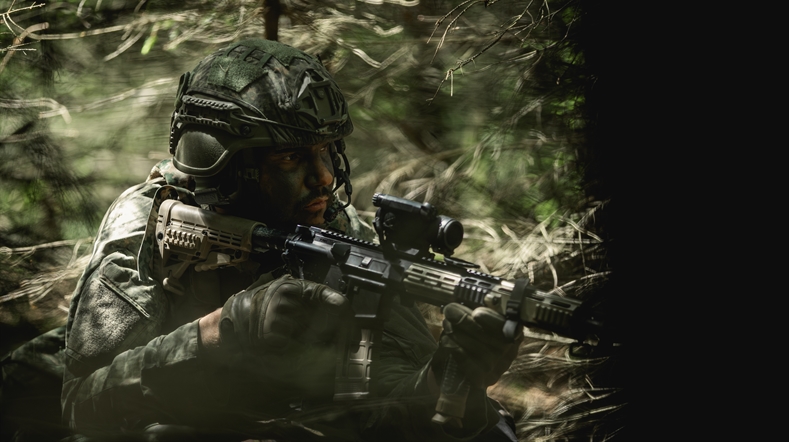

Time setter story: Mirjam de Bruin-Hoegée about chemical weapons
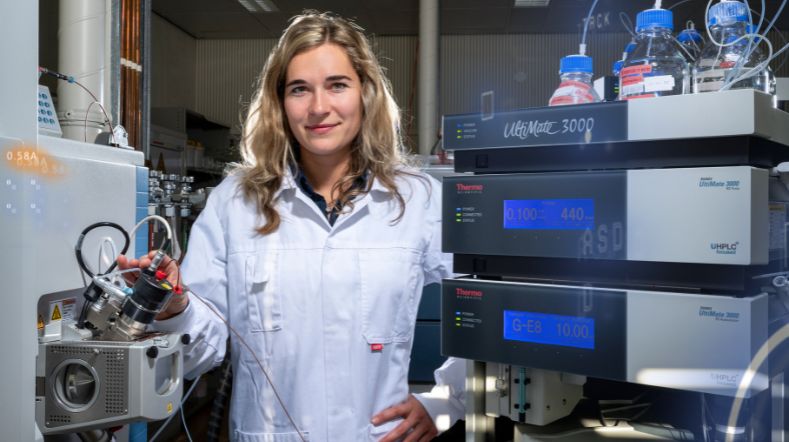

Time setter story: Anthia Solaki about human-machine teaming
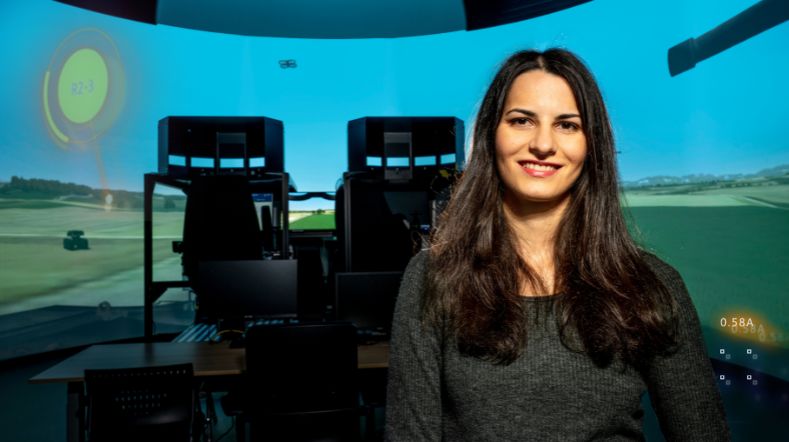

ProQares rejoins TNO and strengthens testing capacity for CBRN protection

TNO in the media 2025
